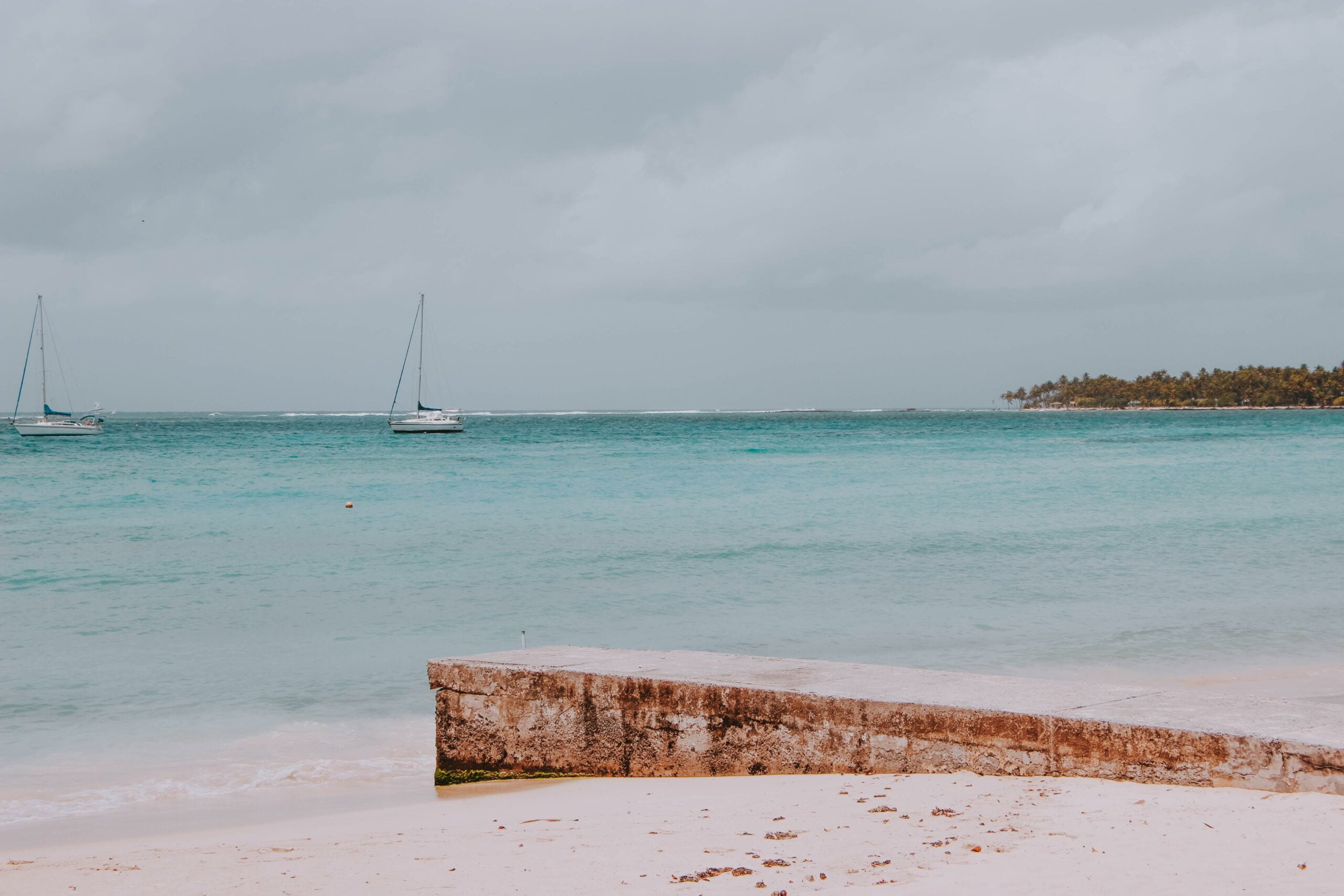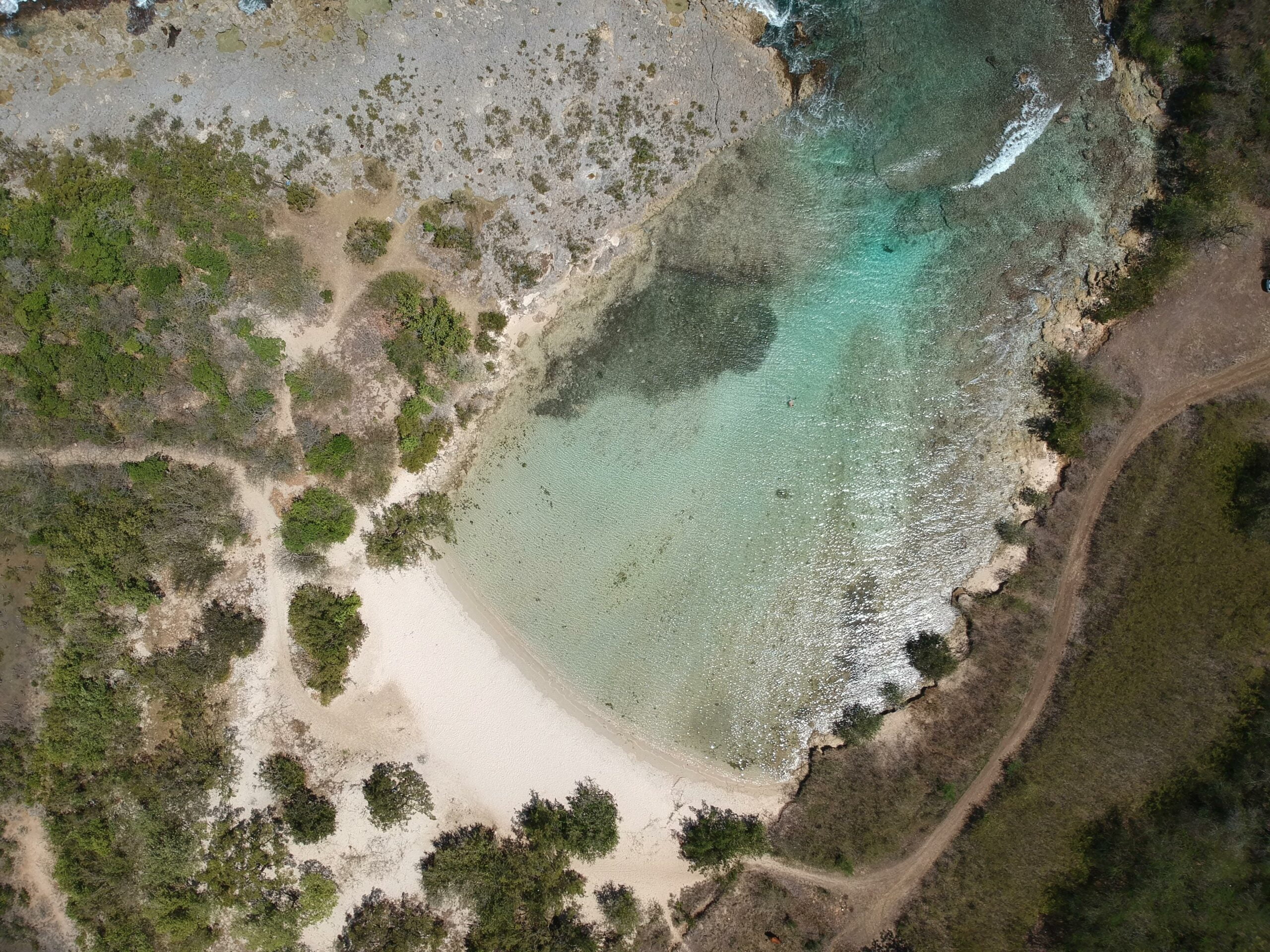Welcome to a captivating journey through the historical events that have shaped Guadeloupe’s rich cultural tapestry. In this article, we unravel the hidden stories and pivotal moments that have defined the captivating island of Guadeloupe. From the echoes of its colonial past to the battles fought for independence, we delve deep into the historical legacy that makes Guadeloupe an extraordinary enclave in the Caribbean. Prepare to be immersed in a fascinating voyage as we unlock Guadeloupe’s historical journey, unveiling the significant events that have left an indelible mark on this enchanting island.

Guadeloupe Historical Events
As we dive into Guadeloupe’s intriguing historical journey, we unlock a series of significant events that have shaped the island’s rich and unique identity. From its discovery by Christopher Columbus in 1493 to the struggles for independence and the present-day, Guadeloupe has experienced a tumultuous past that is worth unraveling. Let’s embark on this historical adventure together and discover the remarkable tale of Guadeloupe.
The story begins with the arrival of Christopher Columbus, who stumbled upon this beautiful island in November 1493. At that time, the island was named Karukera, which translates to “Island of Beautiful Waters.” It’s fascinating to think about how this enchanting place caught the attention of explorers and ignited their curiosity.
Prior to Columbus’s arrival, Guadeloupe was inhabited by the Arawaks, but they were later displaced by the Caribs. These resilient Caribs repulsed Spanish troops and settlers multiple times in the early 16th century, showcasing their determination to protect their land and way of life. Can you imagine the fierce battles that took place between the Caribs and the Spanish invaders?
In 1635, Guadeloupe became a French colony when French settlers established themselves on the island. This marked a turning point in the island’s history, as it came under the influence of French culture, language, and governance. The arrival of the French settlers laid the foundation for a complex and tumultuous relationship between Guadeloupe and France.
The 18th century witnessed Guadeloupe’s transformation into a major center of the Atlantic slave trade. Thousands of African slaves were brought to the island to work on sugar plantations, fueling the island’s economy but at the cost of unimaginable suffering. It is a stark reminder of the brutal exploitation that characterized this chapter of Guadeloupe’s past. <
The British made several attempts at colonizing Guadeloupe during the 18th century, but the island remained under French control. These frequent conflicts reflect the strategic importance of Guadeloupe for both the French and the British in the Caribbean region. Can you visualize the clashes that must have taken place between the British and the French forces, as they vied for control over this prized possession?
Moving forward to more recent times, Guadeloupe experienced political and economic changes since the 1950s. Various independence movements emerged, advocating for Guadeloupe’s self-governance and separation from France. The island even saw visits from the influential French leader, Charles de Gaulle. These events signify the pursuit of greater autonomy and the desire to shape Guadeloupe’s future based on its own terms.
Today, Guadeloupe remains an overseas department and region of France. French is the official language, while Creole is widely spoken, reflecting the multicultural blend that characterizes Guadeloupean society. The main islands of Guadeloupe, Basse-Terre and Grande-Terre, offer breathtaking landscapes, including vibrant marine life, cascading waterfalls, and the picturesque Désirade Island. The historical forts in Pointe-a-Pitre and Basse-Terre stand as enduring testaments to Guadeloupe’s troubled past, inviting visitors to explore its complex history.
In conclusion, Guadeloupe’s historical journey is an enthralling tapestry of triumphs, struggles, and perseverance. The island has weathered the storms of colonization, slavery, and political challenges, emerging as a place with a distinct cultural heritage. By delving into the significant historical events that have shaped Guadeloupe, we gain a deeper understanding of its unique identity. So let’s continue to unlock Guadeloupe’s historical journey and appreciate the resilience and diversity that define this captivating Caribbean gem.
“Through the trials of colonization, the darkness of slavery, and the calls for independence, Guadeloupe has emerged as a place of strength, resilience, and cultural richness.”
Guadeloupe is a place steeped in fascinating history and cultural significance. From its indigenous roots to its colonial influences, the heritage of Guadeloupe is captivating and worth exploring. If you’re curious about delving into the intriguing past of this beautiful Caribbean island, look no further than the History Of Guadeloupe. With a mesmerizing blend of narratives, the rich tapestry of stories will transport you through time and provide a deeper understanding of this enchanting destination. Don’t miss out on the chance to uncover the captivating history that lies within Guadeloupe. Click here to embark on a journey through the ages: History Of Guadeloupe.
FAQ
Question 1
What is the significance of Guadeloupe’s discovery by Christopher Columbus in 1493?
Answer 1
Guadeloupe’s discovery by Christopher Columbus in 1493 marked the beginning of European colonization in the region and led to the island’s integration into the global trade networks of the time.
Question 2
Who were the original inhabitants of Guadeloupe?
Answer 2
The original inhabitants of Guadeloupe were the Arawaks, although they were later displaced by the Caribs.
Question 3
What role did Guadeloupe play in the Atlantic slave trade?
Answer 3
In the 18th century, Guadeloupe became a major center of the Atlantic slave trade, with thousands of African slaves being brought to the island to work on sugar plantations.
Question 4
Did Guadeloupe ever come under British control?
Answer 4
Several attempts at colonization by the British were made in the 18th century, but Guadeloupe remained under French control.
Question 5
What is the current political status of Guadeloupe?
Answer 5
Guadeloupe remains an overseas department and region of France, with French as the official language.
- Unveiling the Enigma: Mansoureh Khojasteh Bagherzadeh’s Public Appearances & Private Life in Iran - July 18, 2025
- Unveiling the Mystery: Mansoureh Khojasteh Bagherzadeh’s Husband: A Rare Glimpse into a Private Life - July 18, 2025
- Unveiling Masoud Khamenei’s Mother: Power, Influence, and Iran’s Future - July 18, 2025
















